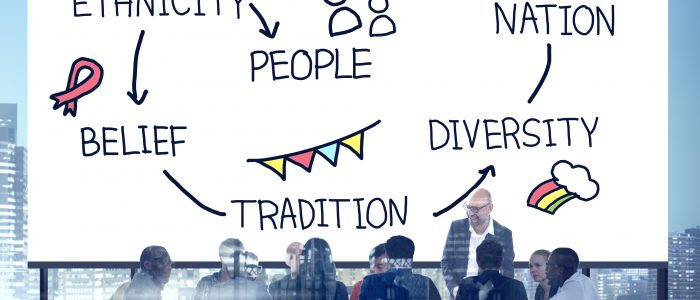Which Comes First When Hiring—Skills, Culture Fit or Diversity?
This has become a highly debated topic across academia, business leaders, and professional recruiters.
It’s an interesting question that seems to be getting increasing attention across all spectrums when hiring new employees. For most business support groups and the executive teams which manage them, it’s a question worth exploring. Both have strong and compelling evidence to support one or the other; however, when it comes to the technology teams, they are starved for a candidate pool that’s broad enough to simply fill current vacancies with nearly a 40% gap in qualified candidates vs. the number of open positions. These critical teams and the shortage of experienced candidates serve as daily reminder there isn’t a one-size-fits-all solution.
Our years of experience in hiring for the tech/IT category consistently proves the best hiring strategy is to approach the process with enough flexibility that the hiring team and overall business can continue to operate without being impeded or confined by a lengthy list of contingency requirements. However, we also believe hiring goals provide value to the selection process. By prioritizing these goals, both the hiring teams and the business can often achieve an ideal hire. The following outlines an order in which any company should evaluate a candidate for the good of the team, and the business overall.
-
Do the skill sets align to the position?
More than any other business support group, the IT team struggles month over month to find candidates that have acquired the experience and technical skills that are necessary for a position to be successful. Unlike other business support groups, these professionals work within a category that changes in rapid pace. Skill sets are constantly having to be refined and re-educated to meet the needs of the next technological advancement or security breach.
If yes, move to number 2.
-
Does the candidate align with the goals and work ethics of the team and the company? Will they adapt to the cultural environment that has made (will make) the company successful?
This shouldn’t be confused with “group think” or hiring people that look and think alike, but rather do they have a similar work ethic and drive to accomplish the goals and priorities that the rest of the team has embraced. Good examples include: If the organization is seeking innovators, does the candidate have a naturally curious personality? Or, is the organization seeking team members who are able to adapt to a rapid pace environment?
If yes, move to number 3.
-
Does the candidate offer new perspectives from a diversity perspective?
Assuming the first two priorities are met, this question becomes an added value point of consideration. Few would argue, all teams benefit from adding diversity. Tech teams are also in a unique position that, as a whole, the available candidates typically come from a quite diverse background and/or including an international background.
The technology team is critical to almost all businesses, whether they reside internally or externally. The goal for the hiring managers is to identify the best candidate(s) to fill a vacant position as quickly as possible to minimize the operational impact – as many of these positions are mission critical. Skill sets, culture fit, and diversity are all good hiring goals. Providing hiring managers with the flexibility to fill these positions with the best candidates available at the time, will keep the organization running as efficiently as possible.
CultureFit Technology Staffing provides full service technical recruiting to any organization in need of highly skilled IT professionals. We focus on matching the proper talent to the specific job requirements and each company’s unique working environment. If you’re seeking a resource with these specialized skills and one of the largest and most qualified candidates – Let’s connect!


